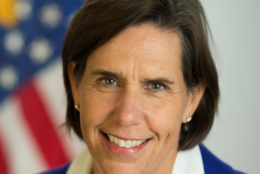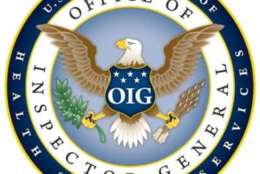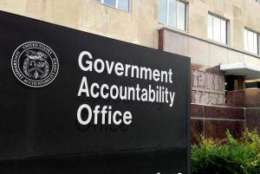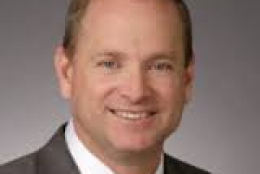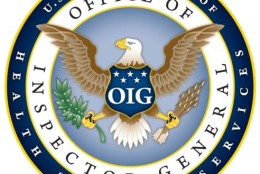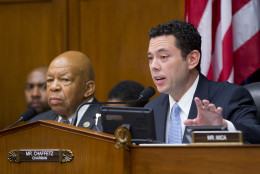Medicare
-
Retirement planning expert Tammy Flanagan provides tips for retirees in 2018 on whether its worth it to invest in Medicare Part B.
January 12, 2018 -
Stephen Zelcer, a financial advisor for federal employees, explains whether Medicare is needed when already covered by FEHB.
January 02, 2018 -
OK, so you are a finalist on TV's "Jeopardy!" quiz show, but to win a million dollars, you must bet everything you've already won. It's all or nothing.
November 29, 2017 -
Most federal workers rarely change their health plans. Is that a mistake? Find out when Walton Francis, author of the Checkbook Guide to Health Plans for Federal Employees joins host Mike Causey on this week's Your Turn. November 29, 2017
November 28, 2017 -
The Centers for Medicare and Medicaid Services has a massive mission. Some 100 million Americans receive its services. It expends some $700 billion a year.
November 20, 2017 -
If customer service is the most important factor when it comes to picking a federal health plan, how can you judge it unless you try it?
November 13, 2017 -
GAO says the Centers for Medicare and Medicaid Services doesn't have enough oversight of managed care programs.
September 26, 2017 -
Health and Human Services inspector general teams with state and federal law enforcement to nab large group of fraudsters.
August 09, 2017 -
A Medicare program called hospital value-based purchasing has the goal of rewarding hospitals that give high quality care at lower costs. But, quite a few hospitals have been receiving bonuses for efficiency even though the care they give is sub-par, according to findings from the Government Accountability Office. Joining me with more, James Cosgrove, the GAO's director of health care issues, shares the details on Federal Drive with Tom Temin.
July 13, 2017 -
The Department of Health and Human Services, and the National Counterterrorism Center are two federal components balancing opportunities and limitations on big data.
April 26, 2017 -
Health care providers recently won a big lawsuit against the Department of Health and Human Services. The providers contended HHS was failing to meet deadlines for settling administrative appeals to Medicare. Now HHS has a big homework assignment from the court. Attorney Scot Hasselman, a partner at Reed Smith, offers insight on Federal Drive with Tom Temin.
January 26, 2017 -
The most recent plan to save the Postal Service involves taking a page out of the private sector’s book: required enrollment in Medicare.
November 29, 2016 -
Earlier this summer, a team of FBI and Health and Human Services investigators completed a long investigation that snared 301 people trying to bilk Medicare out of $900 million. Caryl Bryzmialkiewicz, the chief data officer and assistant inspector general at HHS, tells Federal Drive with Tom Temin about how they used data to find the culprits.
August 24, 2016 -
Two postal reform bills passed the House Oversight and Government Reform committee, although not without opposition or concerns.
July 13, 2016 -
Members of the House Oversight Committee unveiled draft legislation to reform the Postal Service. The agency is struggling to keep up with Congressional funding mandates as well as shifting volumes of mail.
June 16, 2016





